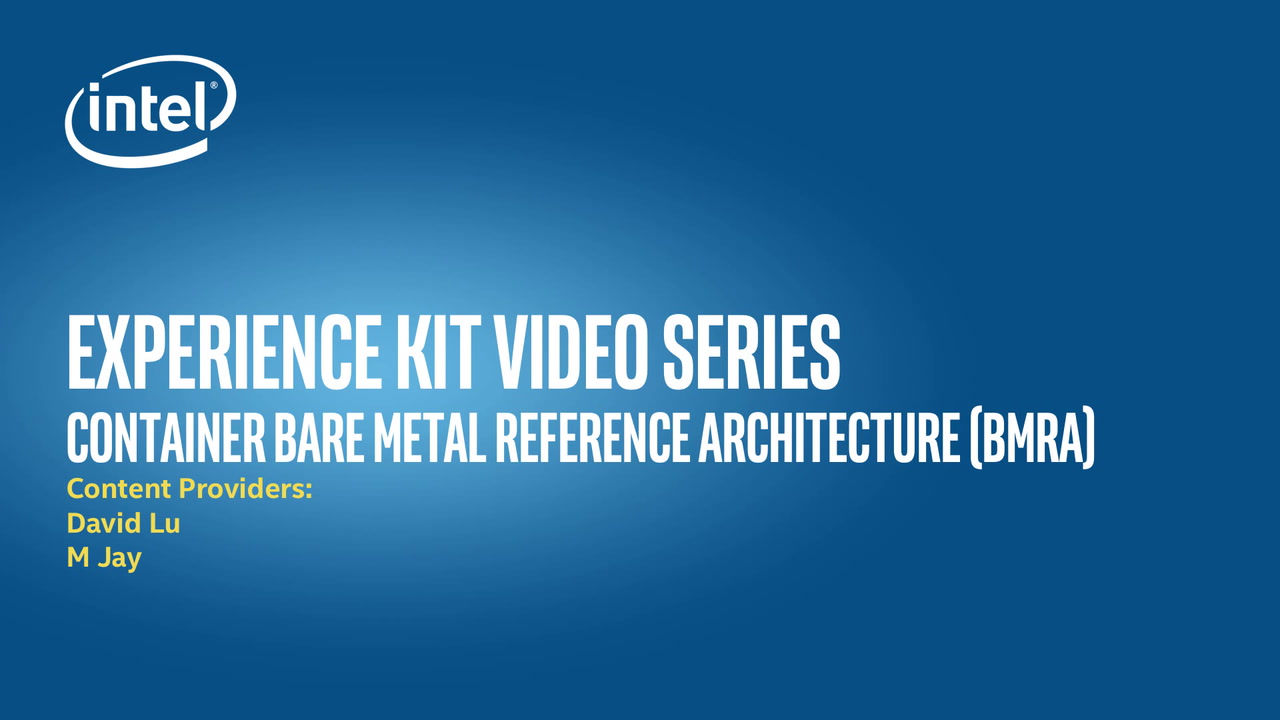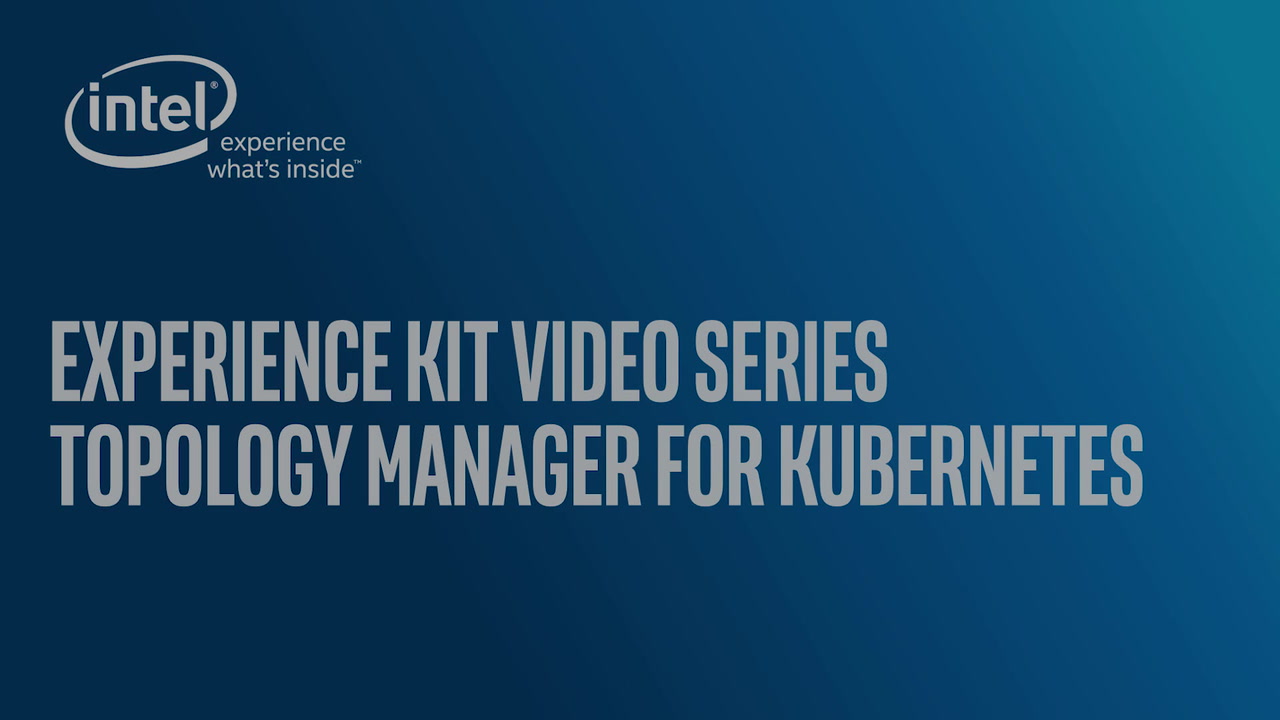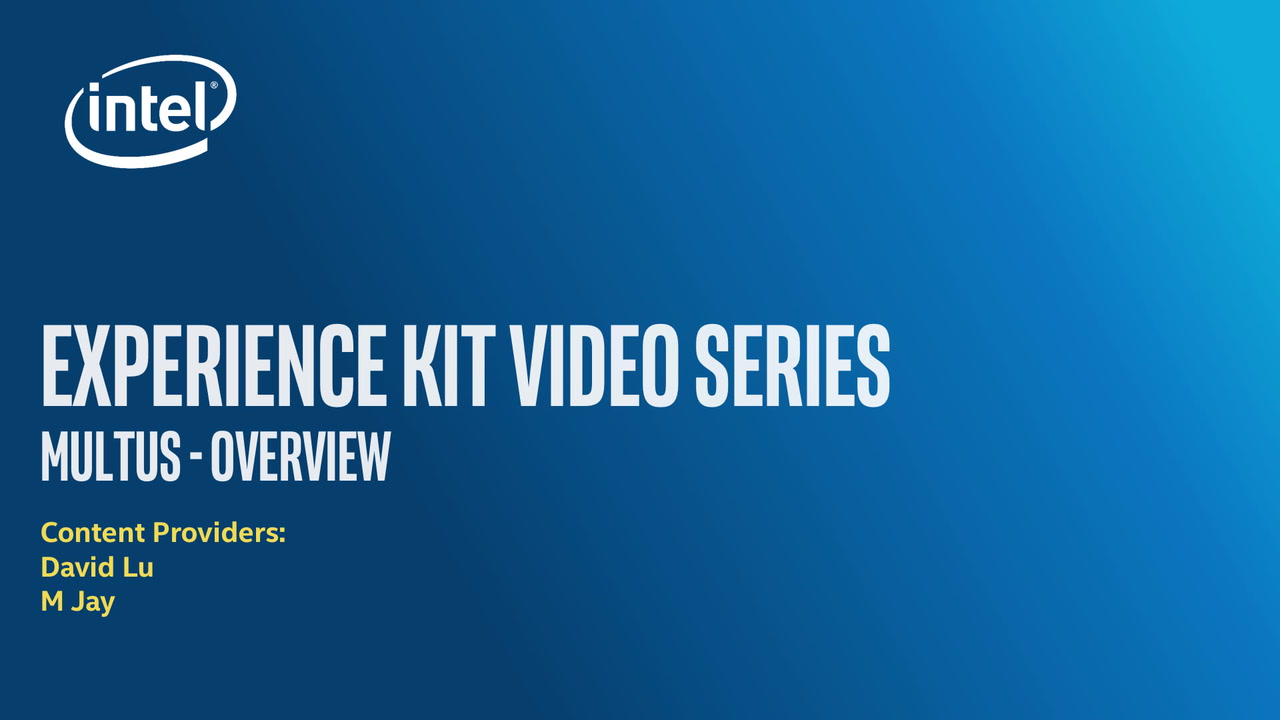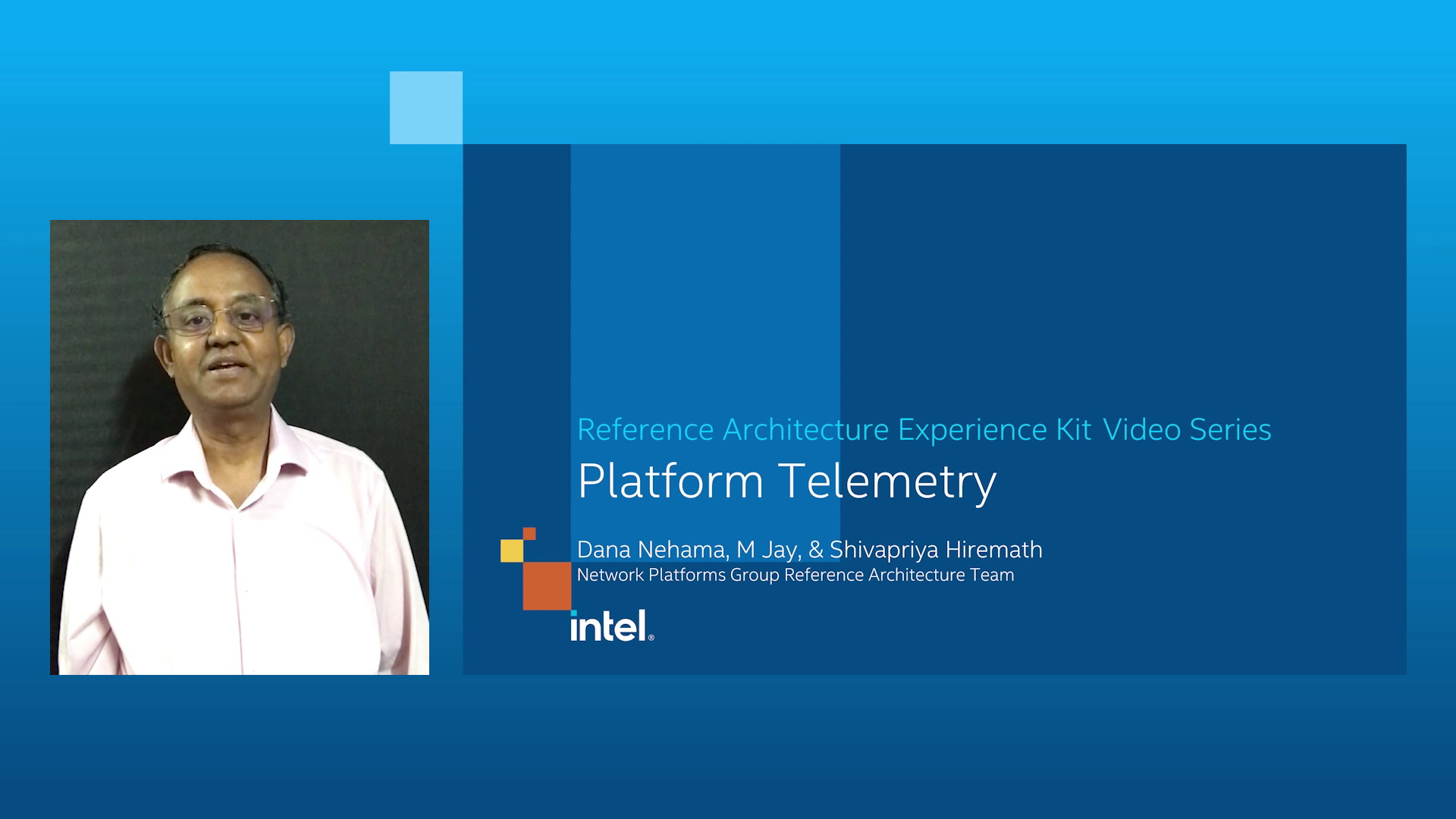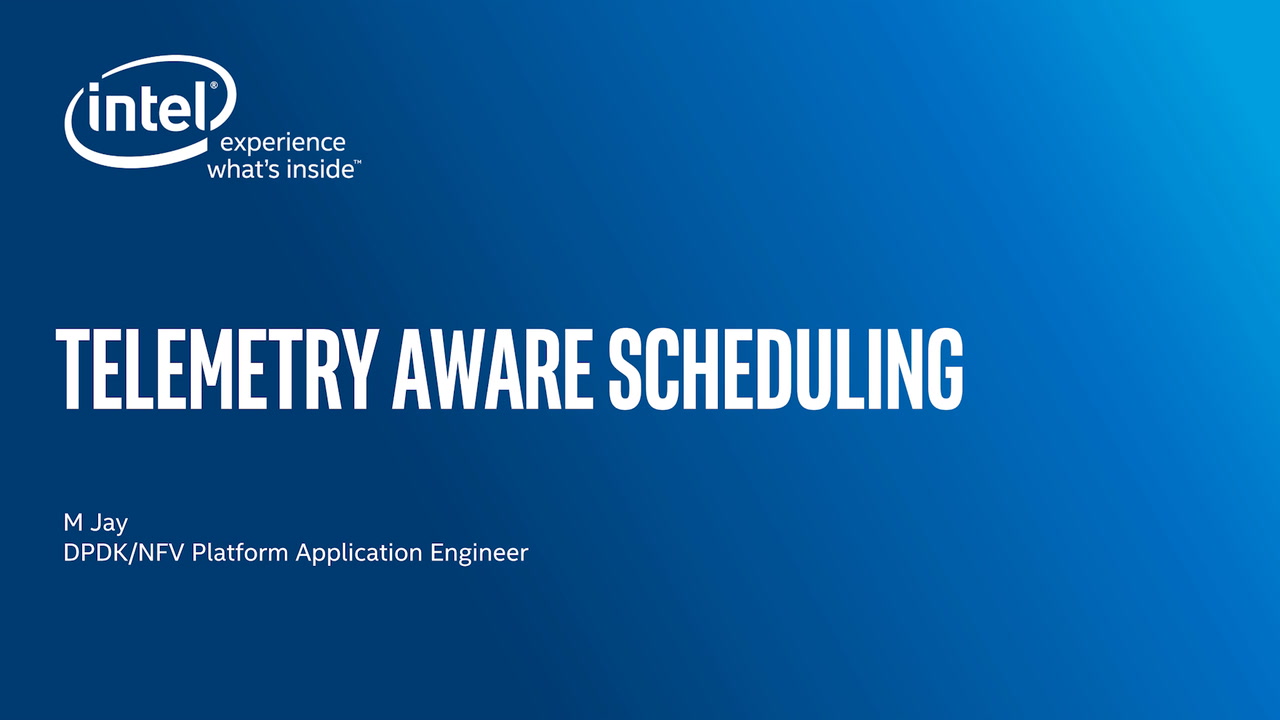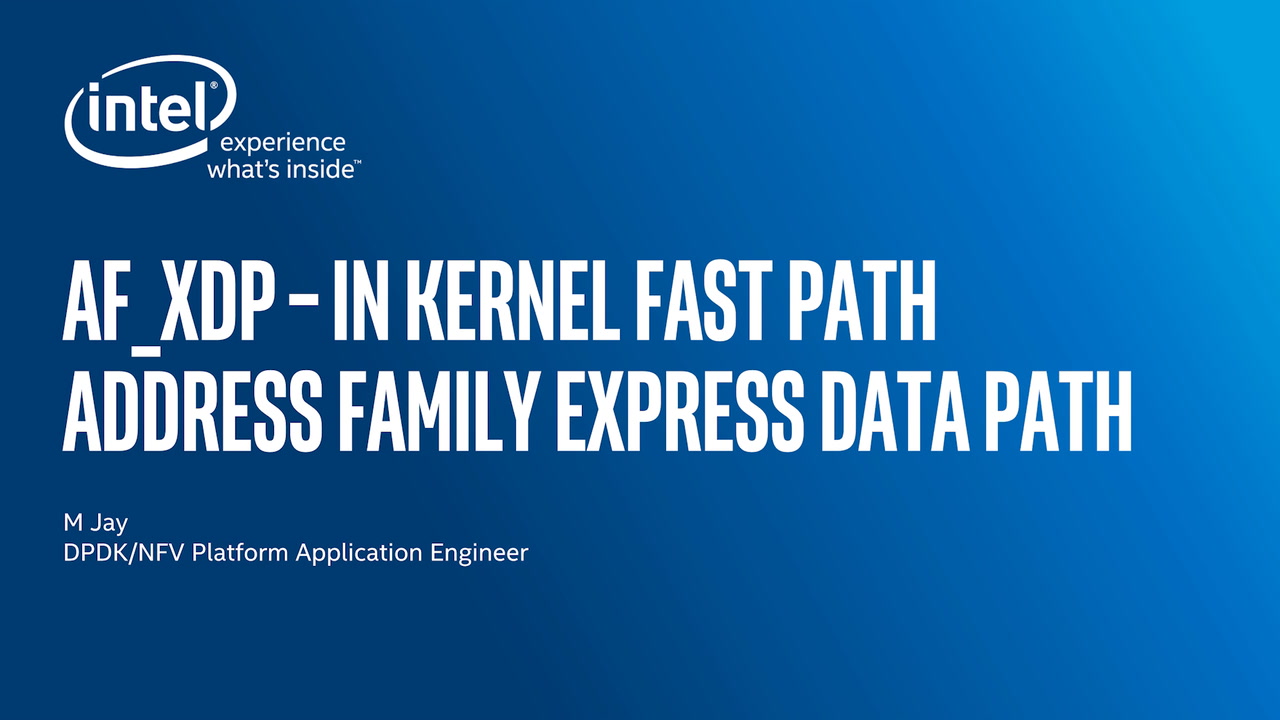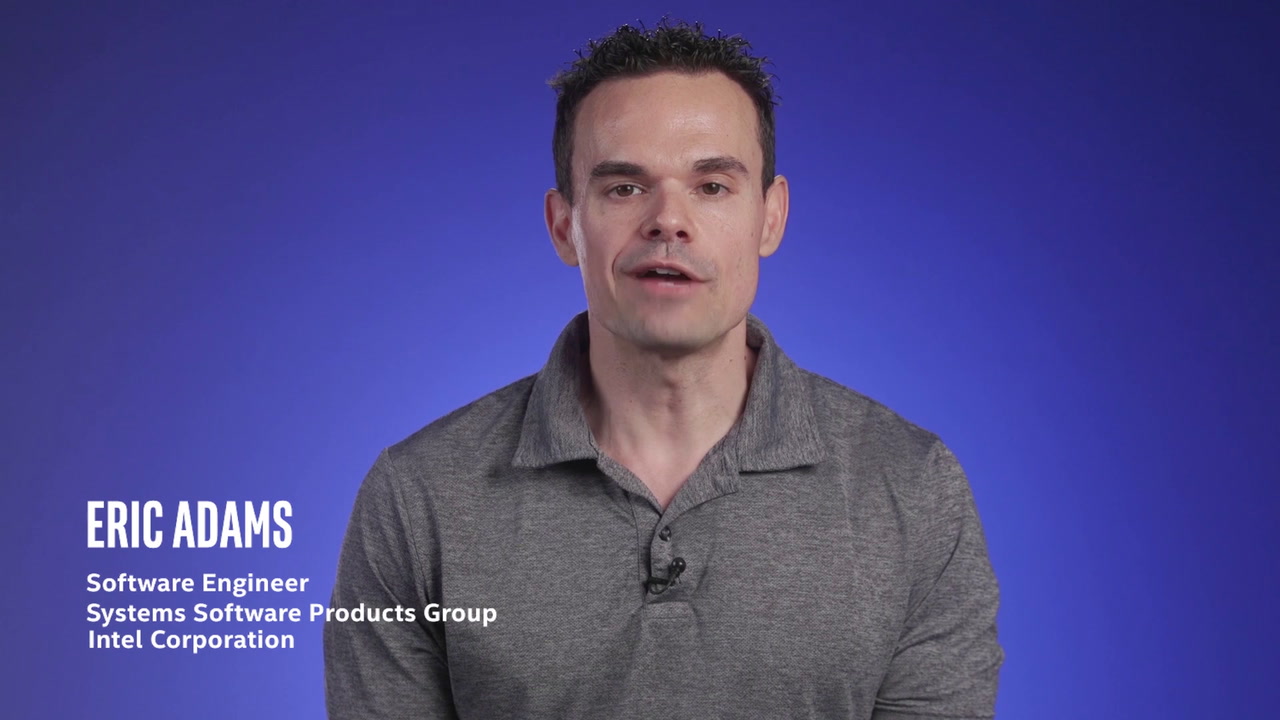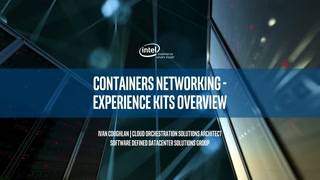Program Overview
The Management & Orchestration (MANO) Program provides an overview of different MANO techniques and updates on industry initiatives. The first course introduces the importance of management and network operation on the adoption of network functions virtualization.
12 Courses
Share With
Intel® Infrastructure Management Technologies (Intel® IMT) enabling optimal use of IT resources for "Software Defined” environments. Intel® Server Platform include valuable features which provide a rich and growing set of data and control points that can be used for configuration, reporting, monitoring and managing workloads, and data. Intel IMT offer functions that are detectable, reportable and configurable to allow software to monitor, manage, and control the resources more efficiently.
This course is part of the Network Transformation Experience Kit and Container Experience Kit video series. In this course M Jay, DPDK/NFV Platform Application Engineer at Intel, provides an overview of container Bare Metal Reference Architecture (BMRA). He will begin with a review of the architecture before discussing the technology and plug-ins available. He then discusses automation and the use of the Ansible playbook before providing references to verify the BMRA components are running as expected.
This course is part of the Container Experience Kit video series. In this video M Jay, DPDK/NFV Platform Application Engineer at Intel, delivers an overview of Topology Manager for Kubernetes and various use cases. He will provide a high level view of the architecture and “hint” providers as well as Non-Uniform Memory Access (NUMA) policies.
This video is part of the Container Experience Kit video series. In this video M Jay, DPDK/NFV Platform Application Engineer at Intel, provides on overview of the container network interface of Multus. M Jay explains the need for Multus, use cases enabled by Multus, how it is deployed and the available experience kit resources.
This video is a part of our Experience Kit video series. In this Platform Telemetry video, M Jay, DPDK/NFV Platform Application Engineer at Intel, provides a Kubernetes bare metal reference architecture focused platform telemetry overview including an introduction to Collectd, and a review of northbound and southbound plugin deployment.
This course is part of the Container Experience Kit video series. In this video M Jay, DPDK/NFV Platform Application Engineer at Intel, provides an overview of Telemetry Aware Scheduling and discusses examples of its advantages and relevant use cases.
This course is part of the Network Transformation Experience Kit video series. In this video M Jay, DPDK/NFV Platform Application Engineer at Intel, discusses Address Family Express Data Path (AF_XDP), AF_XDP architecture and the its benefits. He will also offer a sample code for AF_XDP socket interface.
In this course, Eric Adams, Intel Software Engineer, provides insight into Kata Containers, features and roadmap, technical details and how to customize it to your workload.
In this course Ivan Coughlan, Cloud Orchestration Solutions Architect, Intel Software Defined DataCenter Solutions Group, delivers an overview of Containers Networking today, the Bare Metal Containers Experience Kits available, and detail of the functional and performance gaps to be addressed by two key deployment models; Bare Metal and Unified infrastructures.
In this course, Intel Network Software Engineer Eric Multanen and Intel Cloud Network Architect Isaku Yamahata, provide use cases of several features within the OpenDaylight* Network Virtualization Project also known as NetVirt
In this course, Intel Software Engineer Rita Sood provides an overview of the integration between OpenDaylight and OpenStack in an NFV/SDN environment.
Vector Packet Processing (VPP) is a high performance, packet-processing framework that can run on commodity CPUs. It can also act as Open vSwitch (OvS) alternative in most Cloud data center and Telco SDN/NFV scenarios. This recorded webinar will show how OpenDaylight service function chaining (SFC) leverages VPP to implement network service header (NSH) based service function chaining and a recorded video will help the audience understand more details.


